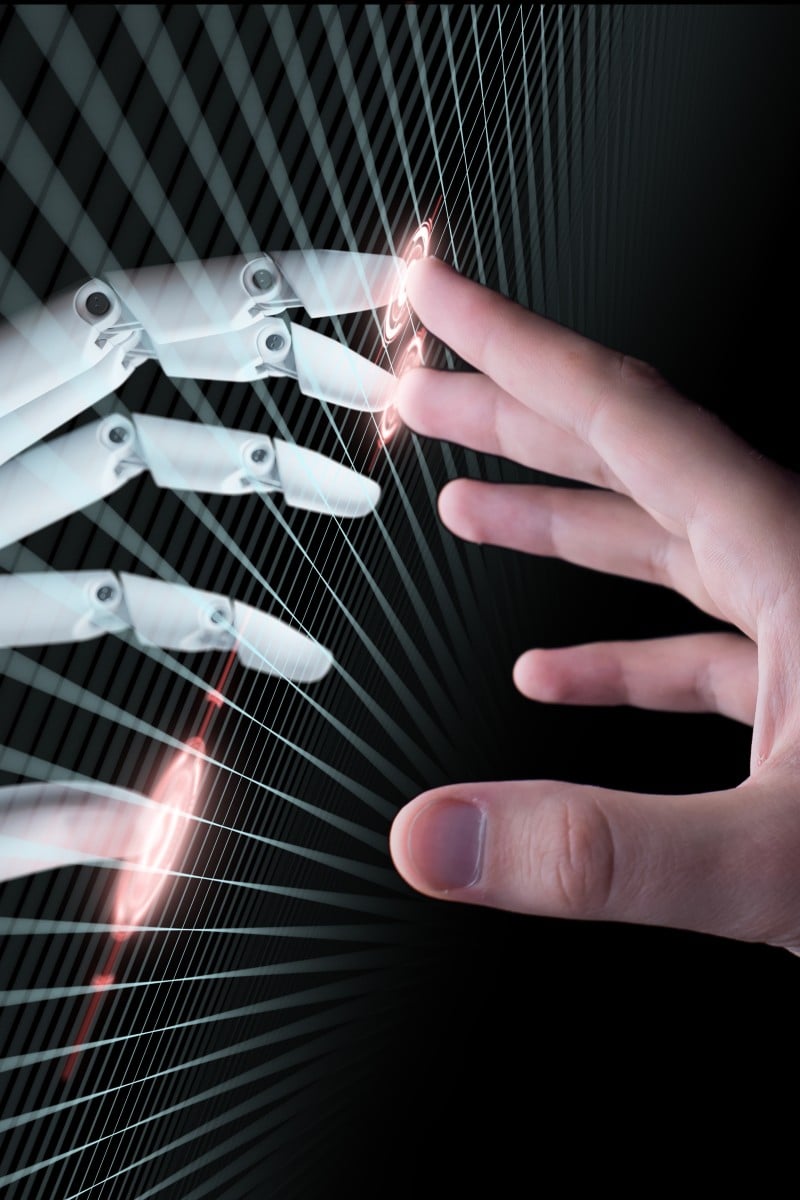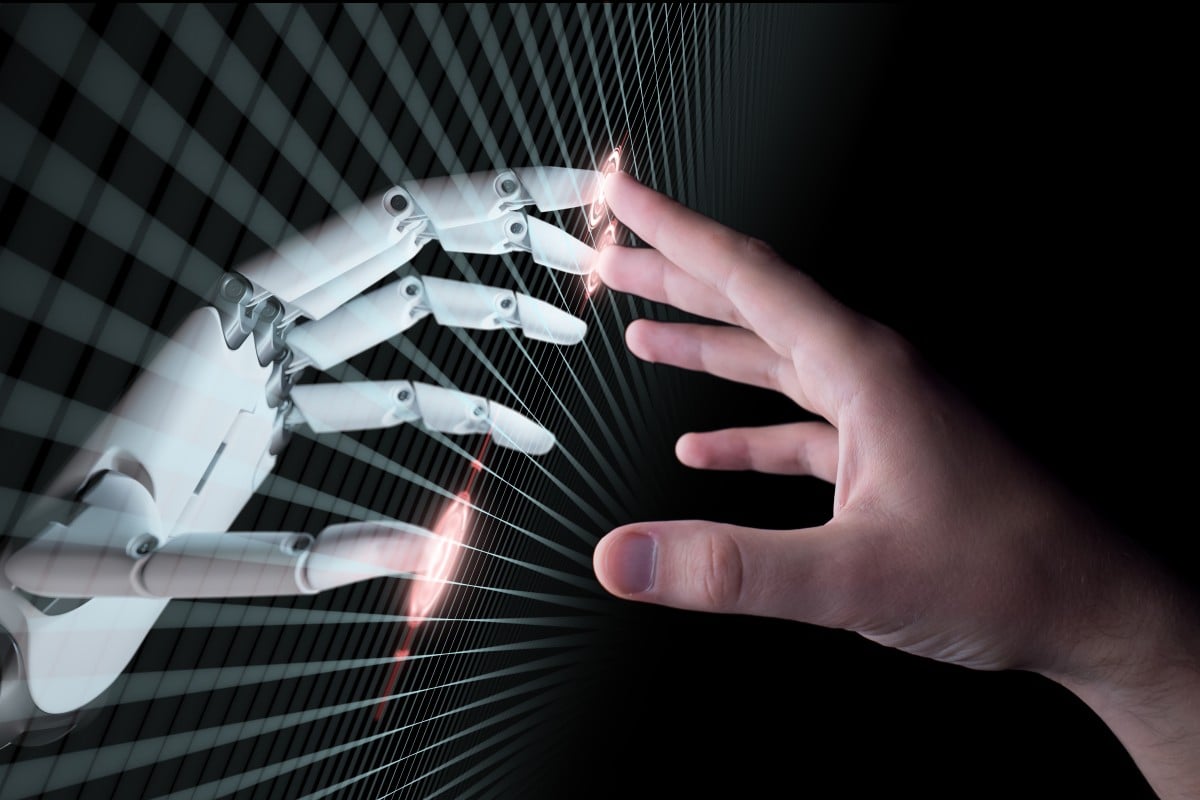
Technology is getting smarter, so human skills are the key to workplace success
As Gen Z competes for jobs with advanced machines, communication abilities like listening and relationship building will help them get ahead
 Technology is advancing quickly, and people will have to learned how to compete against machines in the workforce.
Technology is advancing quickly, and people will have to learned how to compete against machines in the workforce. It may sound surprising, but the key to having a successful career in the digital age is to focus on what makes us human.
If you’re an older member of Generation Z – the name given to those born after 1996 – you may soon be entering the workforce. Your generation is by far the most tech-savvy, having grown up with the internet. But you may find yourself in a workplace where many of the jobs are done by robots who are technically smarter than you. Your success will depend on how well you can adapt.
While science and engineering degrees are on the rise, “soft” skills such as intellectual insight, flexibility, intuition and creativity will be essential for workers who are competing with advanced machines.
Here are the soft skills experts think you should be brushing up on:
'Career Let's Go' programme offers training to teens who don't plan on university
Be an effective strategic communicator
Some employers fear that today’s digital native teens might be too much like the robots they are competing with. So what will make Gen Z workers stand out? Good communication skills.
Those in technology fields often work alone, so they do not always get the chance to sharpen their interpersonal skills, said Jason Wingard, head of the school of professional studies at Columbia University in New York City.
There is a way for young people to train for that skill, though, added Vicki Walia, a head recruiter at financial services giant Prudential.
“Gen Zs should not under-emphasise the importance of relationship building, listening, communicating, working collaboratively,” Walia said.
One way to do this is through mentorship. Young workers should work to form relationships with older colleagues or even engage in “reverse mentorship”, helping an older worker learn a new technology skill.
Be a continuous learner
While most Gen Zers are still in school, they already need to think about how to continually adapt to a fast-changing world. Their advantage, said Walia, is that they are “digitally capable and multidimensional”.
To succeed, they must be pragmatic and realistic about their skills and how desired skill sets will change. For example, Walia said graduates might be trained in Microsoft Excel, but a job might require them to learn how to interpret that data.
“Storytelling skills are an important part of being able to help others interpret the data, and use it to tell a story through data visualisation,” Walia said.
More industry knowledge also equals more money – up to HK$49,756 more a year in a high-wage industry, according to a study conducted by the MIT-IBM Watson AI lab between 2010 and 2017.
How robots threaten the future of the labour movement
Find work that gives you a sense of purpose
Nearly half of Gen Zers said they had experienced job burnout in the past year, according to a survey by ServiceNow, an American cloud computing company. Half said they were considering a job outside their current industry because of it.
Workers are at their best when doing something meaningful to them, said Obed Louissaint, vice president of talent at IBM.
To avoid burnout, young people should combine finding purpose with taking proper mental breaks, Louissaint added.
Russell Bingham, a student at Harvey Mudd College in California, for instance, is looking for a job that lets him apply his science and engineering skills to projects that can help society. He recently worked as part of the expedition team that located the HMS Urge submarine after it was lost at sea for 77 years.
“That experience has led me to value the fact that my unique robotics skill set can be an asset to people and projects totally outside the [field of] development of robots.”
